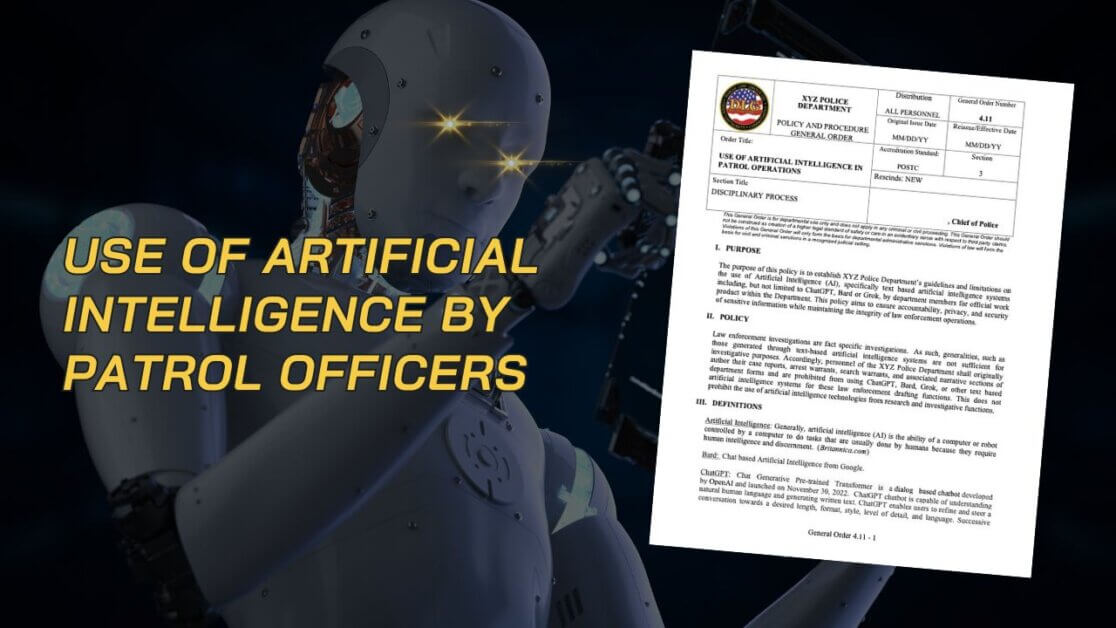The U.S. Supreme Court ruled in Rodriguez v. United States today that absent reasonable suspicion, police extension of a traffic stop in order to conduct a dog sniff violates the Fourth Amendment.
An officer observed a motor vehicle veer onto the shoulder of the road and then jerk back onto the road. The officer stopped the vehicle for a state law violation, prohibiting travel on the shoulder of a road. The officer was a K-9 unit who had his work dog with him that evening. The officer asked why the driver had veered onto the shoulder of the road to which the driver responded that he was trying to avoid a pothole. The driver produced his license, registration and proof of insurance as requested. The passenger also produced his license and answered the officer’s questions, as requested. The officer issued the driver a written warning, provided the occupants with the documents taken from them and explained the warning. The officer then asked permission to walk his dog around the vehicle. The driver refused. The driver was instructed to turn off engine, exit the vehicle and wait in front of the cruiser until a second officer arrived. After a second unit arrived, the officer then led the dog around the vehicle twice. The dog alerted to the presence of drugs and a subsequent search revealed a large bag of methamphetamine. Approximately 7 or 8 minutes elapsed between the time the warning was issued and the dog sniff was conducted.
The driver moved to suppress the evidence on the ground that the officer had no reasonable suspicion to conduct the dog sniff. The District Court found that there was no reasonable suspicion, but that the extension of the stop by 7 or 8 minutes was only a de minimis intrusion on the driver’s Fourth Amendment rights, and was permissible. The Eighth Circuit upheld the decision and the U.S. Supreme Court granted certiorari to review the decision.
The Court began its analysis by restating the proposition that “A seizure for a traffic violation justifies a police investigation of that violation.” Routine traffic stops are more similar to a Terry stop than to an arrest. “Like a Terry stop, the tolerable duration of police inquiries in the traffic stop context is determined by the seizure’s “mission”—to address the traffic violation that warranted the stop, and attend to related safety concerns.”
In Illinois v. Caballes, 543 U. S. 405 (2005), the Supreme Court held that a dog sniff conducted during a lawful routine traffic stop does not violate the Fourth Amendment, as long as it does not lengthen the roadside detention beyond the time reasonably required to complete the mission. During the course of the stop, an officer may, of course, do other things which are incidental to the traffic stop (e.g. checking the driver’s license, determining whether there are outstanding warrants, and inspecting the vehicle’s registration and proof of insurance). The Court advised that conducting a dog sniff is not, however, an ordinary incident of a traffic stop. It is “a measure aimed at ‘detect[ing] evidence of ordinary criminal wrongdoing’.” The Court was cautious to advise that this was not a situation where the driver was ordered to exit the vehicle during a routine traffic stop based upon the officer’s safety, which of course, would be justified. The purpose of conducting a dog sniff, however, is for an investigation into other crimes.
“We hold that a police stop exceeding the time needed to handle the matter for which the stop was made violates the Constitution’s shield against unreasonable seizures. A seizure justified only by a police-observed traffic violation, therefore, “become[s] unlawful if it is prolonged beyond the time reasonably required to complete th[e] mission” of issuing a ticket for the violation.”
Recommendations
Keep in mind that this decision does not stand for the proposition that officers can incrementally prolong the stop to conduct a dog sniff as long as the officer is reasonably diligent in pursuing the traffic-related purpose of the stop, and as long as the overall duration of the stop is reasonable in relation to other similar stops. The Supreme Court flatly rejected that argument, stating that officers are not entitled to quickly complete the purpose of the stop so that they could use the “extra time” to conduct a dog sniff. As a result, officers should be instructed that in a normal traffic stop environment, the officers cannot prolong the stop beyond the time reasonably required to effectuate the purpose of the stop. The use of the term “reasonably” means that this determination will be a subjective one, so officers should also not be instructed to make the stop last longer just to conduct a dog sniff. Lastly, this decision does not affect the ability of officers to use a dog sniff during the course of the traffic stop, provided it does not lengthen the duration of the stop. For instance, it still seems permissible for a K-9 officer to conduct a dog sniff while another officer attends to the purpose of the motor vehicle stop, as long as the dog sniff does not lengthen the duration of the stop.
http://www.supremecourt.gov/opinions/14pdf/13-9972_p8k0.pdf
This publication is produced to provide general information on the topic presented. It is distributed with the understanding that the publisher (Daigle Law Group, LLC.) is not engaged in rendering legal or professional services. Although this publication is prepared by professionals, it should not be used as a substitute for professional services. If legal or other professional advice is required, the services of a professional should be sought.



